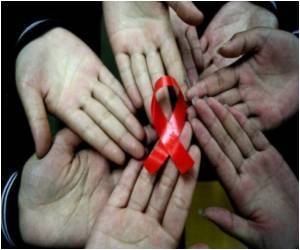Union Health Minister Ghulam Nabi Azad has said Government will soon launch a new initiative to deliver male and female contraceptives at the household level to prevent spread of HIV

"This will help us in prevention of spread of HIV infection and in our population stabilization efforts," he added.
He also called upon the international community to dismantle trade and intellectual property right barriers and improve the availability of accessible, affordable and quality drugs for the needy and the poor.
Stating that the rate of new HIV infections has declined by over 50 percent annually in India, Azad highlighted the active role of pharmaceutical companies in the country in providing high quality affordable generic drugs all over the world and noted that these drugs are not cheap in quality.
"I would also like to take this opportunity to make it abundantly clear that these generic drugs are not cheap in terms of quality. It is important that considerations of commerce and profitability are not used to erect artificial barriers between life and death," he said.
Advertisement
We must ensure, that all flexibilities in TRIPS must be used for better availability of affordable medicines. Therefore, we need proactive and collective action from the international community to dismantle these barriers and improve the availability of accessible, affordable and quality drugs for the needy and impoverished," he added.
Advertisement
"We have been able to contain the epidemic with a prevalence of just 0.31 per cent. We have also brought about a decline of 50 per cent in new infections annually. Over the last decade, there is evidence of stabilization of the epidemic with define success in reversal in some parts of the country," he said.
He further said India's focus has been on high risk groups, expanding services and improving access to Anti Retroviral Therapy.
Source-ANI















